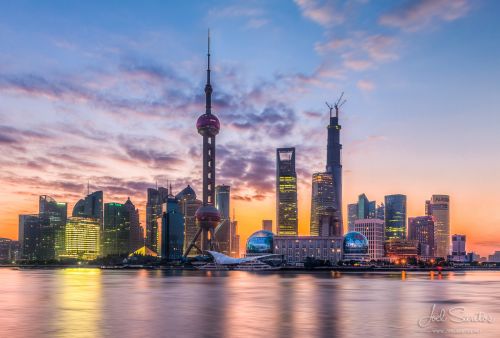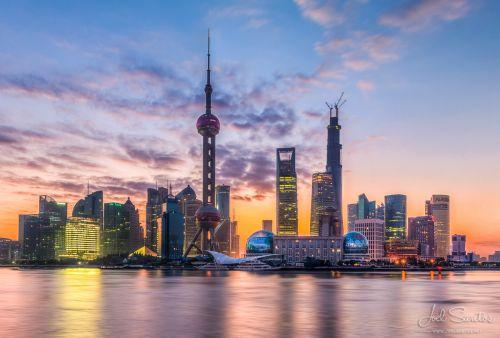
(Shanghai)
BEIJING, July 6 (Xinhua) -- China's first-tier cities such as Beijing, Shanghai and Guangzhou are pushing opening up in the service industry, planning to remove more restrictions in the sector.
Beijing will expand pilot areas in modern service industries over the next five years. Local authorities will continue to remove investment restrictions in finance, high-technology, information, cultural creativity and commercial services, and transform traditional industrial companies through green and intelligence technology, according to the local government.
Eastern metropolis Shanghai will ease investment restrictions in the professional services and advanced manufacturing sectors, including finance, telecom, Internet, culture and shipping, according to the city government's guidelines on building an open economy.
A week ago, Shanghai Free Trade Zone adopted the nation's first negative list for investment in financial services. The negative list model is basically a catalogue of sectors in which foreign investment is restricted. To all those items not on the list, overseas investors have access equal to their Chinese counterparts.
South China's Guangzhou has also introduced plans to encourage regional cooperation in the service sector. The city is aiming to take advantage of the Belt and Road Initiative and advocate free trade in the nation's southern regions.
Investment data proved China's attractiveness to foreign firms. Foreign direct investment on the Chinese mainland maintained a steady increase of 4.1 percent year on year in 2016, with strong investment in the service sector.
The service sector accounted for more than half of the Chinese economy last year. Official data shows that the service sector has taken up a bigger share of GDP compared to the secondary industry in 60 percent of provincial-level regions.
Thanks to structural upgrades, which have cushioned long-term downward pressures, China's economic growth held steady in the first five months, confirming the message that the ongoing growth model transitioning was providing new impetus to the world's second largest economy.




 A single purchase
A single purchase









